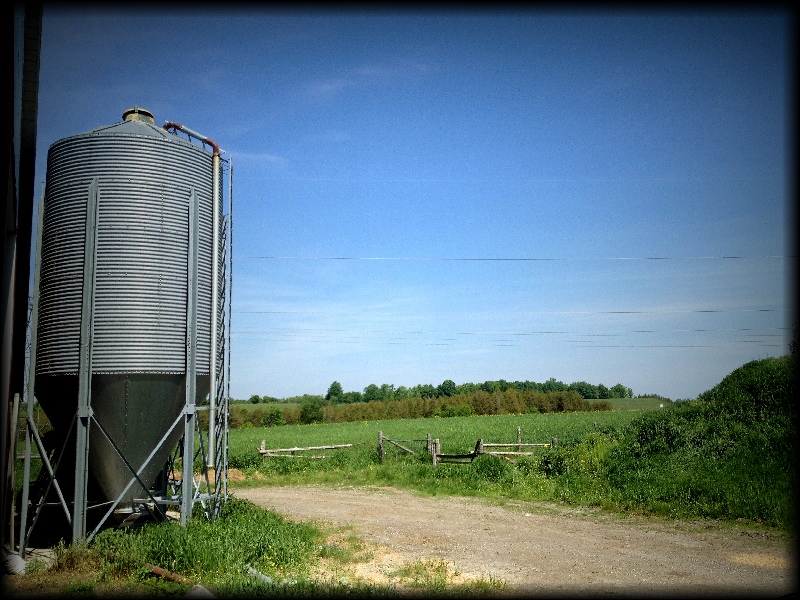One of the jobs on my list is to restore two de-hullers for a customer.
A de-huller may come in a variety of forms for a various grains, nuts, or seeds.
It seems that due to centralization and large scale processing operations,
the small versions of these machines have vanished.
Now that growing grain is returning to small operations,
the need for on-site processing equipment is increasing.
The nearest mill may be too far to efficiently transport grain to,
or there may also be no facility available to process organically grown product
independently of chemically supported crops.
It wasn't long ago that western culture was providing technical aid to developing nations.
Arguably, many of the contributions caused negative implications; dooming inhabitants to cash cropping and burdening them with developed world woes.
However, some solutions actually helped, and in turn,
those same solutions may be exactly what we need to solve our excessively industrialized food production system.
Most grain types require some element of processing to make them suitable for consumption, whether it is for palatability, marketability, or to retain nutrition.
Often, it is removing the outermost portion of the grain called the hull or pericarp.
There are traditional methods that include using a large mortar and pestle which release the grain from the hull, but can be wasteful, and may reduce storage times if performed to a moistened grain.
A mechanical solution intended for developing nations was created in the seventies using basic fabrication materials and can be scaled down or up to suit capacity.
This is just what is needed to suit the current need for small scale producers who wish to process their own grain.
It's not as if my project board is empty, but I am intrigued by the challenge.
The goal is to keep the costs down as much as possible, yet build a machine that is efficient as it is practical.
Produced by industry, these units could be very affordable.
The problem is, like with many other low demand items, there is simply not enough profit to entice big business to produce machinery like this.
Though I expect that Chinese industry makes lots of machines like this;
they're just not imported here.
The point is that we cannot always expect our domestic industry to produce the equipment that is needed by small scale producers.
And processing grain requires quite an array of labour saving devices to make it worthwhile.
In an effort to squeeze competition and increase margins, industry has grown out of proportion and contributes to high volume production at the expense of quality.
If we can return to providing local technical solutions, then we will not need to rely so heavily on large industrial companies to fill the needs of small communities.
Many of the answers lay close at hand in the devices sent to work in developing nations.
I expect that many people felt that the designs were minimalist only to suit fledging nations.
It looks as if the large and complex designs come with their own set of hindrances.
Another lesson that shows that bigger is not necessarily better.



















































